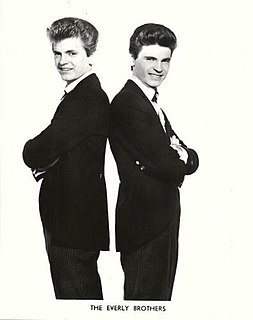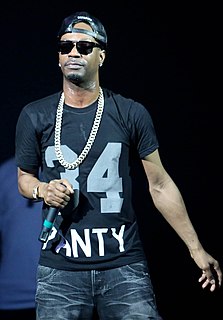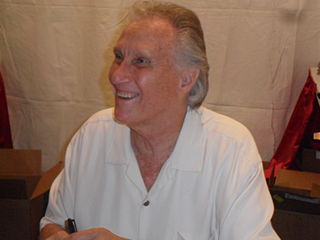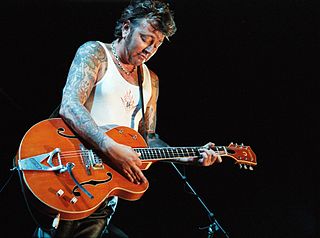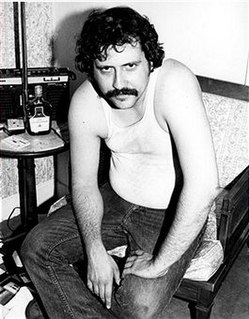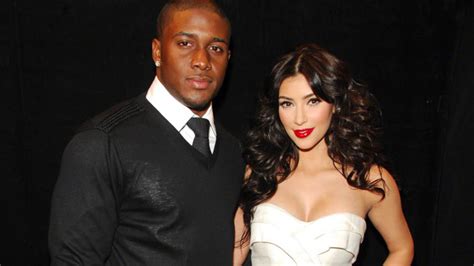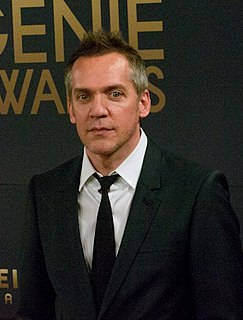A Quote by Don Everly
When Phil and I started out, everyone hated rock n' roll. The record companies didn't like it at all - felt it was an unnecessary evil. And the press: interviewers were always older than us, and they let you know they didn't like your music, they were just doing the interview because it was their job.
Related Quotes
When it all started, record companies - and there were many of them, and this was a good thing - were run by people who loved records, people like Ahmet Ertegun, who ran Atlantic Records, who were record collectors. They got in it because they loved music... Now, record companies are run by lawyers and accountants.
In Germany there's something about rock music much more political than it really is - like everything you were doing was an indictment of the American culture. I read an interview with one of the members of Sebadoh. He was saying he had just got back from touring Germany for the first time in five years or whatever, and one of the interviewers asked him, "Why aren't you still relevant?"
... so much of what we do now started in 1954 at Sun Records in Memphis Tennessee ... those guys were inventing that stuff (Rock & Roll) ... you can really tell on some tracks ... they were actually afraid at times of what they were playing. But Rock & Roll definitely didn't come before that time; it started right there
When I'm representing my music live I think of it very much in a rock band sense. When I first started doing festivals in the 90s there really weren't other DJs playing the stages I was playing. So I felt I was being afforded an opportunity to kind of make a statement about what DJ music can be live. In the 90s, if you were a DJ you were in the dance tent, and you were playing house music and techno music. There was no such thing as a DJ - a solo DJ - on a stage, after a rock band and before another rock band: that just didn't happen.
Good rock 'n' roll is something that makes you feel alive. It's something that's human, and I think that most music today isn't. ... To me good rock 'n' roll also encompasses other things, like Hank Williams and Charlie Mingus and a lot of things that aren't strictly defined as rock 'n' roll. Rock 'n' roll is an attitude, it's not a musical form of a strict sort. It's a way of doing things, of approaching things. Writing can be rock 'n' roll, or a movie can be rock 'n' roll. It's a way of living your life.
I call it "being interrupted by success." We had done The Soft Bulletin, which came out in 1999, and we knew we that were gonna make another record before too long. But in between this, we were still in this mode of kind of just - not re-creating what we could be, but kind of doing different things. For the longest time in the Flaming Lips we were like, "Make a record, go on tour. Come back, make another record," and you know, I think, frankly, we were kind of like, "There's more to life than just recording records and going on tour."
I was born in 1963. So the '70s were my teenage years. As a teenager, I was into rock and roll - Bowie, Rolling Stones, Pink Floyd, even more progressive music like Genesis, and I was into a lot of British rock and roll. But I loved also American rock and roll. CCR, Jimmie Hendrix, The Doors, Patty Smith, and Bob Dylan.
